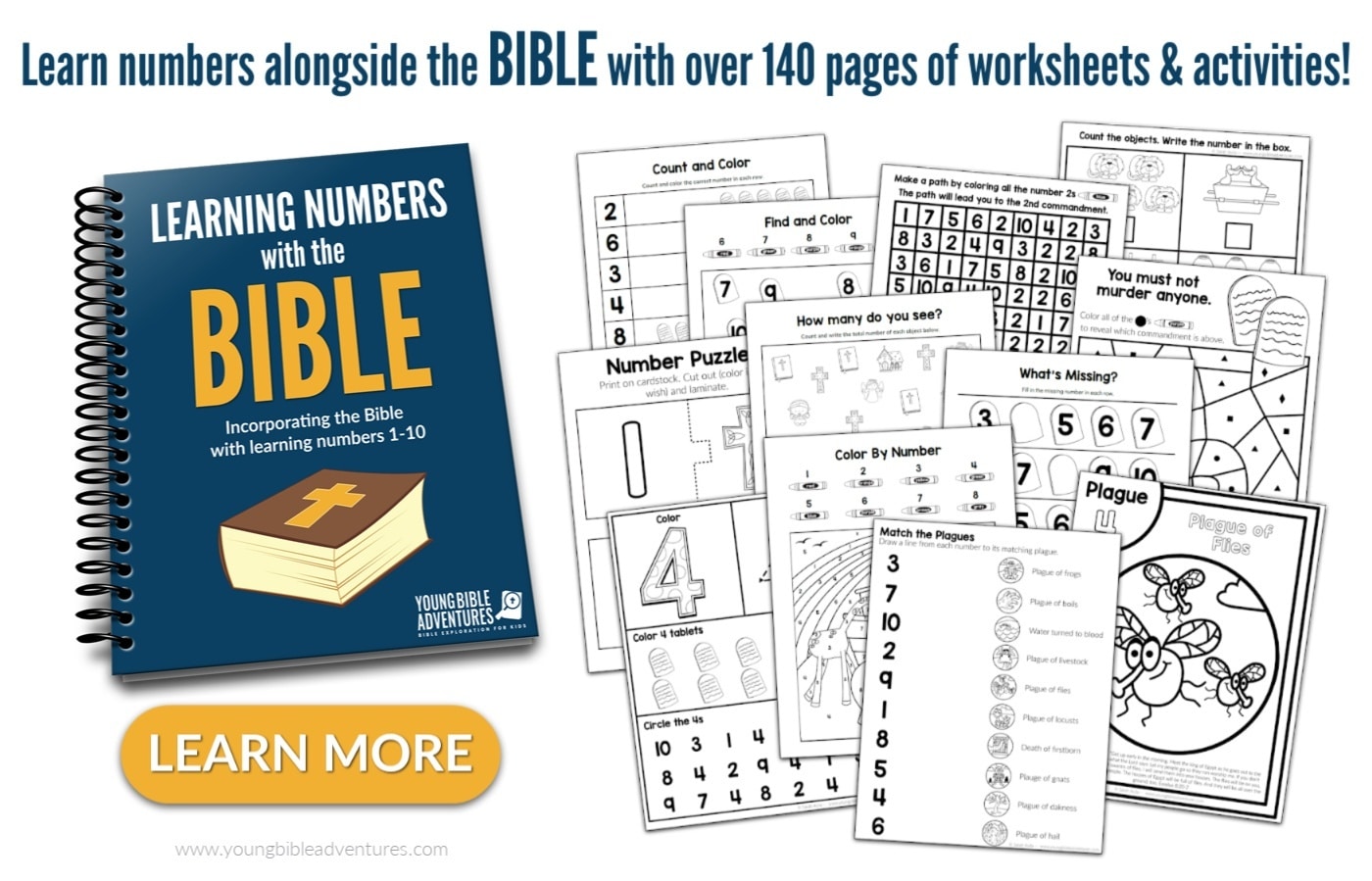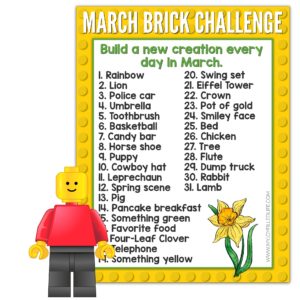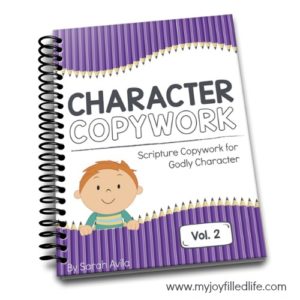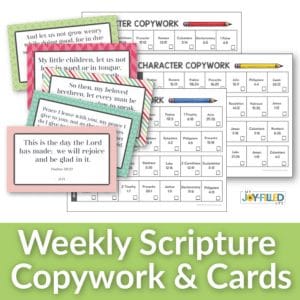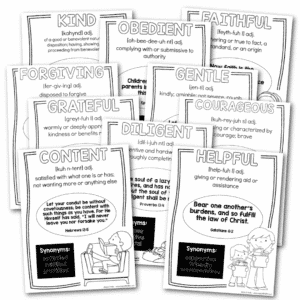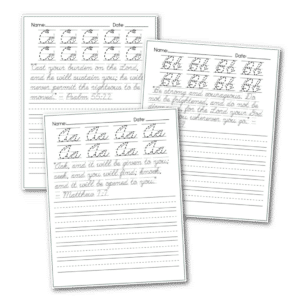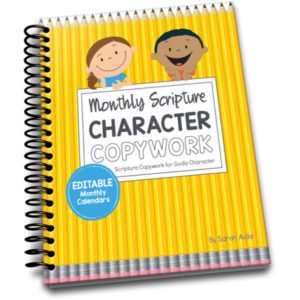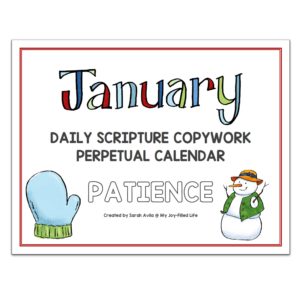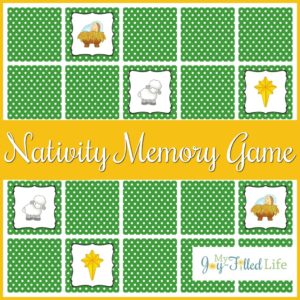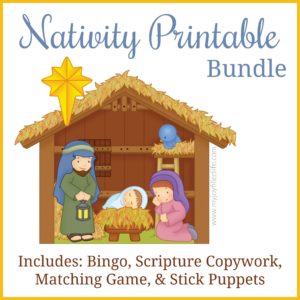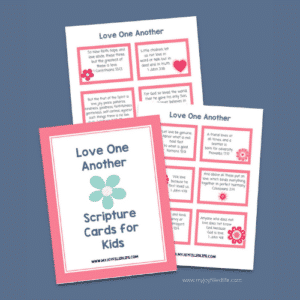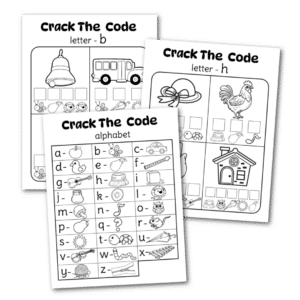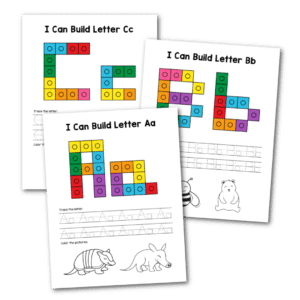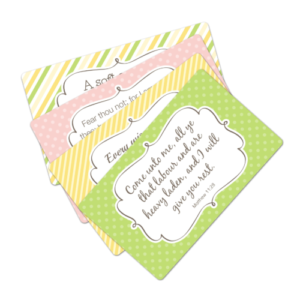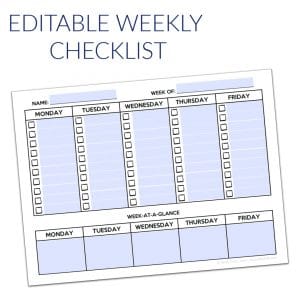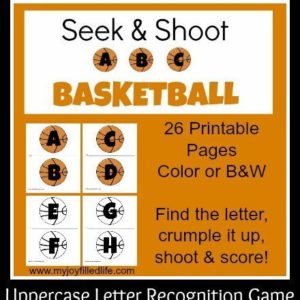I can’t think of anything more important in our home than the study of God’s Word. In fact, I spend a great deal of time teaching the Bible to kids outside my home as well. I write Bible-based stories, parables and Bible logic games for children’s magazines. I also write devotions on the Bible for children and teens. I spent over five years in children’s ministry teaching the Bible to kids, and I am currently in the process of writing and publishing a 3 year Bible survey curriculum for grades 1-12 on my blog.
Why is studying the Bible in our homeschools important? If we are followers of Christ, every other subject is useless if we don’t teach the Word of God to our children. In 2 Timothy 3:14-17 (ESV), Paul writes to Timothy:
“But as for you, continue in what you have learned and have firmly believed, knowing from whom you learned it and how from childhood you have been acquainted with the sacred writings, which are able to make you wise for salvation through faith in Christ Jesus. All Scripture is breathed out by God and profitable for teaching, for reproof, for correction, and for training in righteousness,that the man of God may be complete, equipped for every good work.”
Let’s “acquaint our children with the sacred writings” which will “make {them} wise for salvation through faith in Christ Jesus”.
I think teaching the Bible is vital. But I don’t think it needs to be dull or difficult. How can we teach our children God-breathed Scripture in our homeschools? I want to give you a few pointers to get you started. I should also mention that none of these are affiliate links.
1) Start Young
When our children were babies and toddlers, we invested in children’s Bibles with bright colorful pictures, DVDs on the Bible and about God, and an audio children’s Bible. The kids played with the Bibles and I read them stories. During that difficult hour when dinner was being prepared they watched Max Lucado’s Hermie and Friends or Veggie Tales. (My favorite series right now is “What’s in the Bible? with Buck Denver. It’s excellent. If you only buy your kids one set of DVDs, buy these. I love them so much, I made them a part of the Bible Road Trip curriculum.) At bedtime or at playtime, the kids listened to a children’s audio Bible. We used the Little Kids Adventure Audio Bible in three volumes by Zonderkidz. When I purchased it on CD, it cost me nearly $60 for all 3 volumes. Now you can buy each volume in an MP3 format for just under $9 each. At three years old, my youngest son had insightful questions about Job and Jonah. Why? He knew the stories, and he’d heard them read from Scripture.
2) Teach the Basics
Kids need to hear and understand the basic terms, themes and ideas contained in Scripture. Without that training, they may be tempted to think that the book of Daniel is the story of a bunch of lions. Instead, relate every story to the Gospel. The better you understand the basic Gospel message, the easier it is to do that.
Here’s the lowdown on salvation: There is one true God. He is sovereign (in control of everything) and all-powerful. We are hopeless, depraved sinners. Our sin separates us from God because He is holy. Sin requires repentance and sacrifice (the wages of sin are death). God loves us so much that He made a way for us to be reconciled to Him. He sent His one and only Son Jesus to become human. Jesus taught us about the way to salvation and died to pay the penalty for our sins. Then He rose from the dead! He ascended to the Father and He is returning for us one day. If we repent of our sins, believe in Jesus, and serve Him with our lives, we are adopted by the King of the Universe, the Holy Spirit lives within us, and we will spend forever and ever with God – Jesus, the Father, and the Holy Spirit. That’s the message of the Bible in a nutshell. Every story relates back to the Gospel in some way.
Kids also need to learn important biblical concepts like redemption, penalty, sovereign, holy, Trinity and reconciliation. Those are big words, but they are worth learning. Need help with the basics? A good catechism, watching a christian tv ministry, the What’s in the Bible DVDs, or my own Bible Road Trip curriculum (for grades 1-12) can all assist you.
3) Give Kids Their Own Bible
We gave each of our children a full-text student Bible as soon as they could read well. Once we began Bible Road Trip, they received their own adult version ESV Study Bibles. Bibles can be expensive, but they are eternally valuable. Giving children their own Bibles encourages them to read on their own, and it communicates importance. They are valuable enough to have their own copy of the Scriptures. (It helps to make this a really big deal! When we gave our kids their Bibles, we taught Ephesians 6:10-17. What child doesn’t want their very own sword?) We also have plenty of colorful children’s Bible reference books in our home. I use some of my favorites in Bible Road Trip. These are also easy to find at thrift stores and used book stores. Just be sure to check the publisher so that you come home with true biblical teaching.
4) Make it Formal
When you start teaching the Bible at a young age, it has a tendency to be incorporated into your day. That’s important. As kids age, though, be certain to have a time that you sit down and read the Bible together, discuss what you’ve learned, and study deeply what you’ve read. We teach a biblical worldview in all our subjects and it’s tempting for me to feel that’s enough. However, looking at art, history or science through the lens of the Bible is not the same as studying the Bible itself. We make certain we’ve set aside time each day to study the Word in an in-depth manner. There are many good curriculums available for studying the Bible. I wrote Bible Road Trip because I couldn’t find exactly what I wanted for my own family. I really wanted my children to read God’s Word all the way through, to understand what they were studying book-by-book, and to see how it relates to the rest of the Bible. I wanted them to have a clear understanding of who God is and what the Gospel really means. I also wanted them to learn about biblical archaeology (which consistently supports claims of biblical integrity) and to learn to pray for countries throughout the world. I wanted a classical learning style, and I wanted to have notebooking pages to coordinate with each week’s lessons. At the high school level, I wanted to increase the challenge in study and in communicating what they’d learned. I’m giving Bible Road Trip away for free because the truth was freely given to me.







